Data management tools are essential for any business that wants to handle data efficiently.
These tools are crucial to ensure data integrity, security, and accessibility.
According to McKinsey, the global AI market is set to reach USD 125 billion by 2026, with 40% of businesses already seeing an increase in productivity due to AI.
The pace of innovation is so blistering that a definitive list today is obsolete tomorrow.
The real conversion for Chief Data Officers, Data Managers, and CTOs isn’t about the best AI data management tools, but about their fundamental capabilities.
Capabilities that define data efficiency in the coming year. It’s about new approaches to data management that go beyond fragmented point solutions.
Picking the right tool is crucial towards ensuring security, accuracy, and availability of data. The right solution will make a huge difference in your ability to manage data efficiently.
Top AI data management tools for 2025?
The following AI data management tools will help you automate repetitive tasks and improve the overall efficiency of your data ecosystem.
DataManagement.AI
DataManagement.AI revolutionizes data management. Now that’s a bold statement. But it can support that thanks to its breakthrough Chain-of-Data platform.
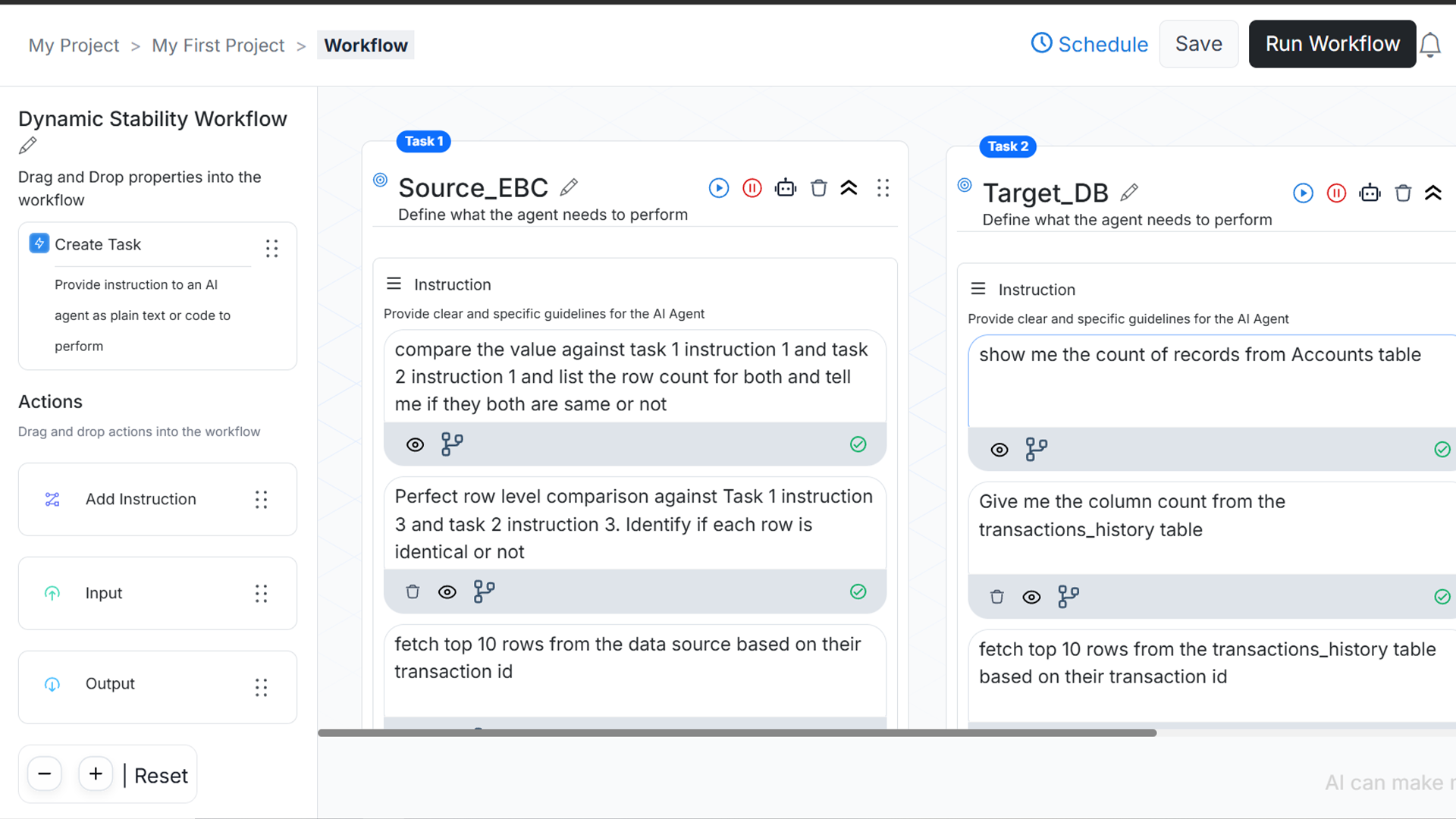
This revolutionary architecture promises to deliver,
- Seamless integration in connecting every part of your data – from collection to insights.
- Enable matching, mixing, or swapping data sources, platforms, and instructions while preserving total flexibility.
- Secure every request with granular policies, built-in compliance, and continuous authentication.
Here’s a post from our LinkedIn page that addresses the issue of seamless integration even when data is scattered all around.
- Work with built-in governance via end-to-end lineage, audit logs, and compliance by design.
- Enables querying and analyzing data in its source system with no extraction, prep or delays.
- Delivers real-time data flow to help you adapt to trends and make informed decisions.
Technical Overview
DataManagement.AI deploys specialized AI agents for every data operation.
- ProfileAI – Automatically analyzes and profiles data to identify patterns.
- CleanseAI – Intelligent detection and fixing of data quality issues, inconsistencies, and duplicates
- DiscoveryAI – Explore data landscapes to discover hidden dependencies and relationships
- MapAI – Creating sophisticated data mapping and transformation workflows
- QualityAI – Implementing continuous data quality monitoring and validation.
- TransformAI – Handle complex data transformations and format conversions
- ValidateAI – Ensure regulatory compliance and business rule adherence
You can see the rest of the AI agents here.
Pricing
You get 4 plans to choose from – Starter, Innovate, Spark, and Pulse.
IBM InfoSphere Master Data Management
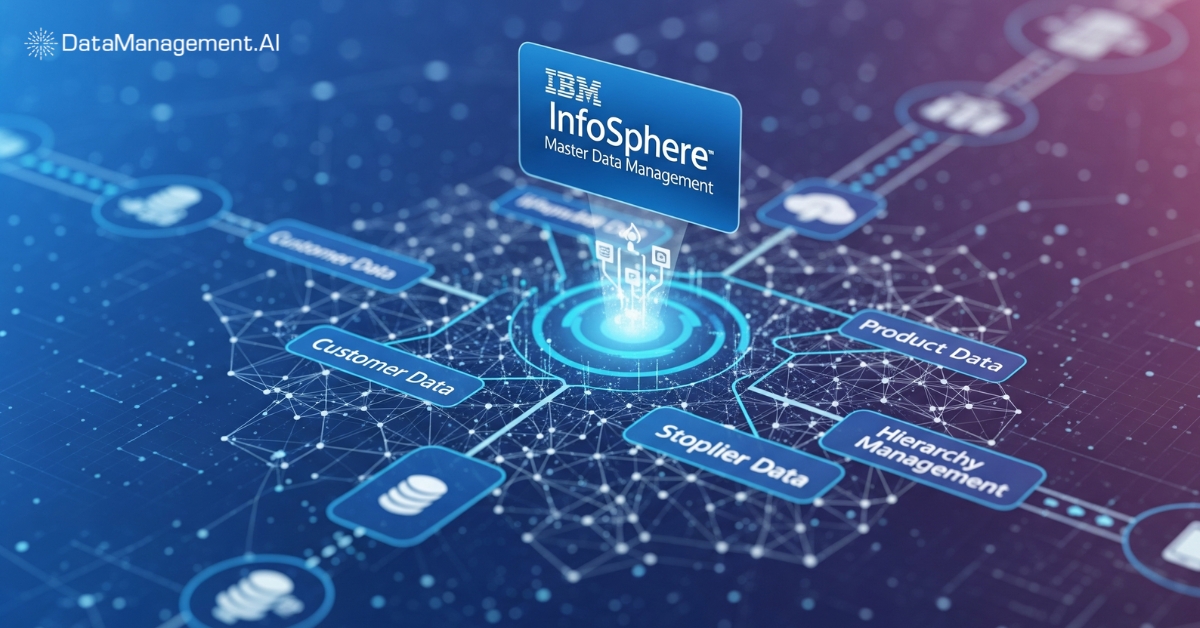
IBM’s enterprise-focused traditional solution handles data management with robust features. Although, they come with high implementation costs, a complex setup, and limited AI integration.
Technical Overview
- A centralized master data governance
- Automated ETL pipelines
- SQL modeling support
- Incremental batch updates
Pricing
USD 31,000 – 80,000/month across three tiers.
Google Cloud – Big Data Analytics
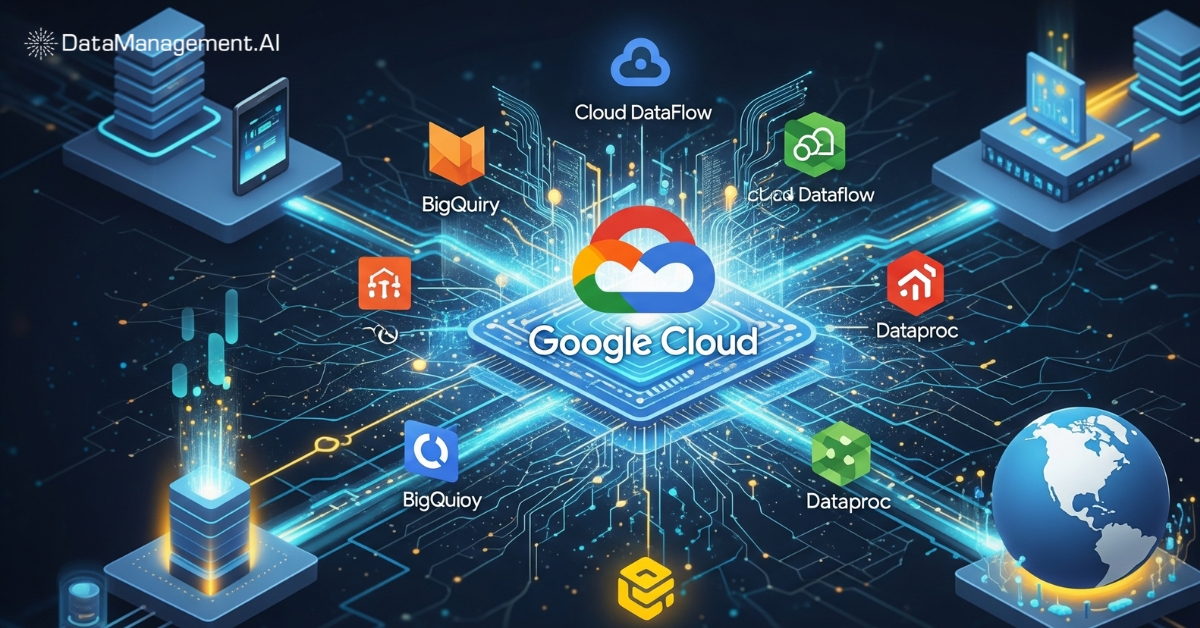
A hyperscaler solution that’s cloud-native, this tool is said to be scalable, integrated with machine learning, and promises to deliver a complete service data ecosystem. The tool does come with a complex pricing structure, vendor-lock in concerns, and requires deeper technical expertise.
Technical Overview
- Google Cloud Dataflow (for batch/stream processing)
- BigQuery (for serverless data warehouse)
- Machine Learning Engine (for ML model development)
- Data Studio (for visualization and reporting)
Pricing
Pay-as-you-go structure with unpredictable costs.
Microsoft Azure Data Platform
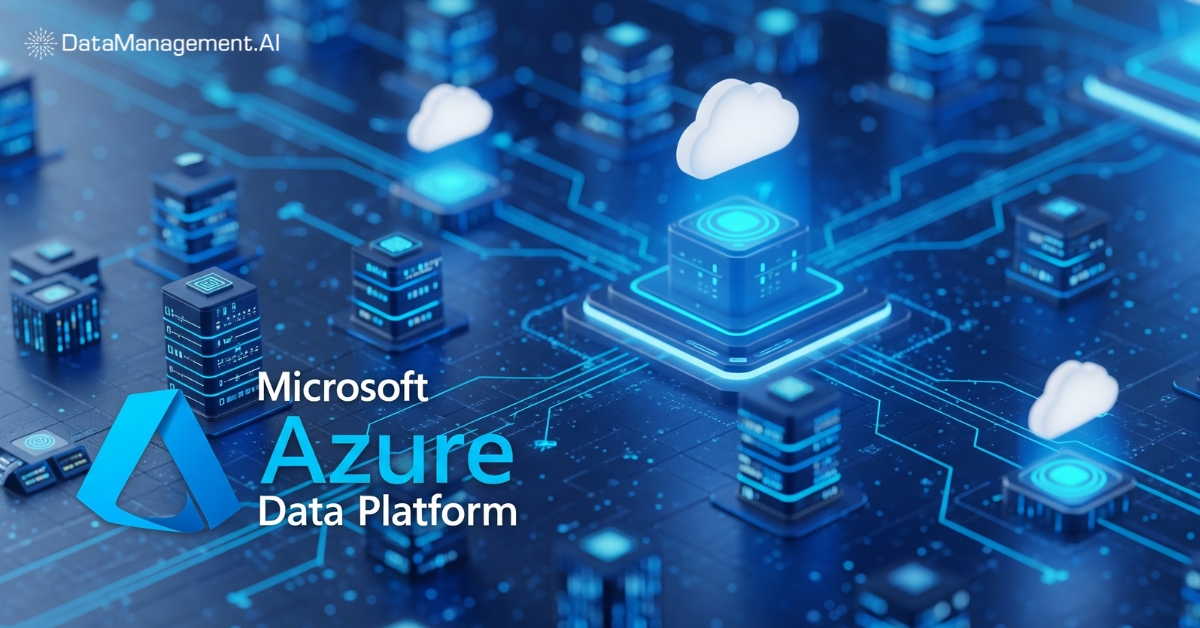
Microsoft’s data ecosystem suite is built with seamless Microsoft integration. Although claimed for delivering comprehensive data services and global scalability, it does come with complex pricing and governing challenges.
Technical Overview
- Power BI (for business intelligence)
- Azure Machine Learning (for ML platform)
- Azure Synapse Analytics (for unified analytics)
- Azure Data Factory (for integrations)
Pricing
Variable pricing set for multiple service tiers. It’s focussed towards Microsoft-centric organizations.
Amazon Web Services Data Lakes
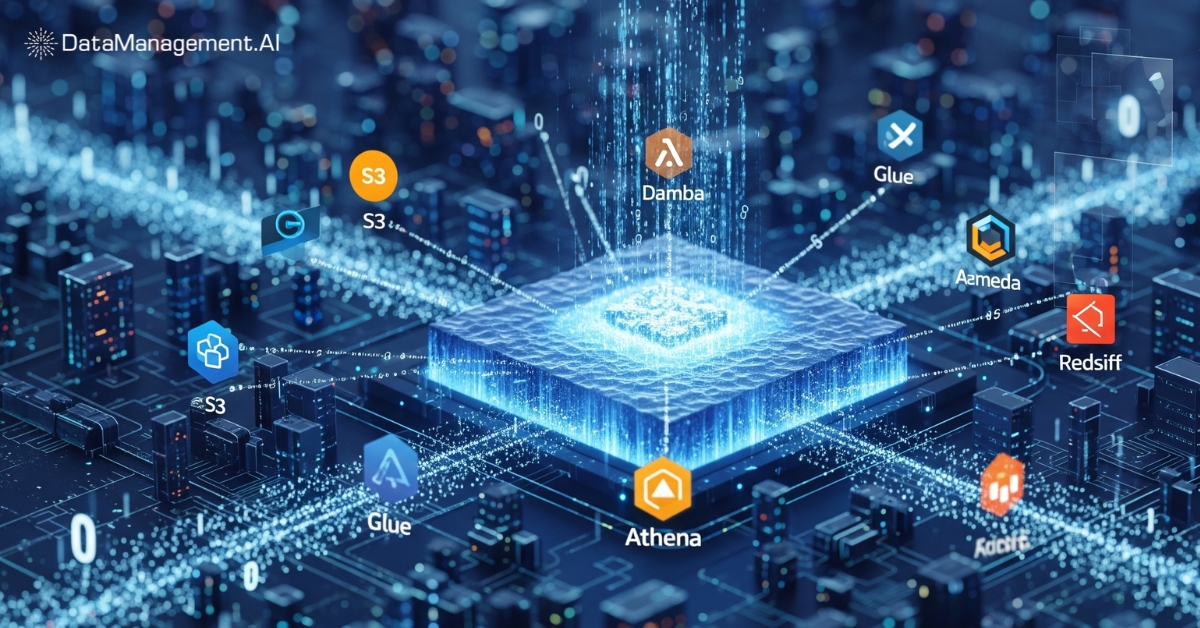
This is a cloud hyperscaler with added data services. Amazon Web Services claim to provide a rich service ecosystem along with robust security. It’s suited more towards AWS-native organizations.
Technical Overview
- Amazon QuickSight (for business intelligence)
- Amazon Athena (for query service)
- Amazon Redshift (for data warehousing)
- Amazon S3 (for data lake storage)
Pricing
Pay-as-you-go structure with multiple pricing dimensions.
Snowflake

Snowflake is a cloud-native data platform. They are suited for organizations who are looking for flexible data warehousing solutions.
Technical Overview
- Support for structured and semi-structured data
- Built-in data sharing marketplace
- Multi-cloud deployment options
- Separate compute and storage scaling
Pricing
Consumption-based variable pricing for storage and computing.
Oracle Cloud Infrastructure
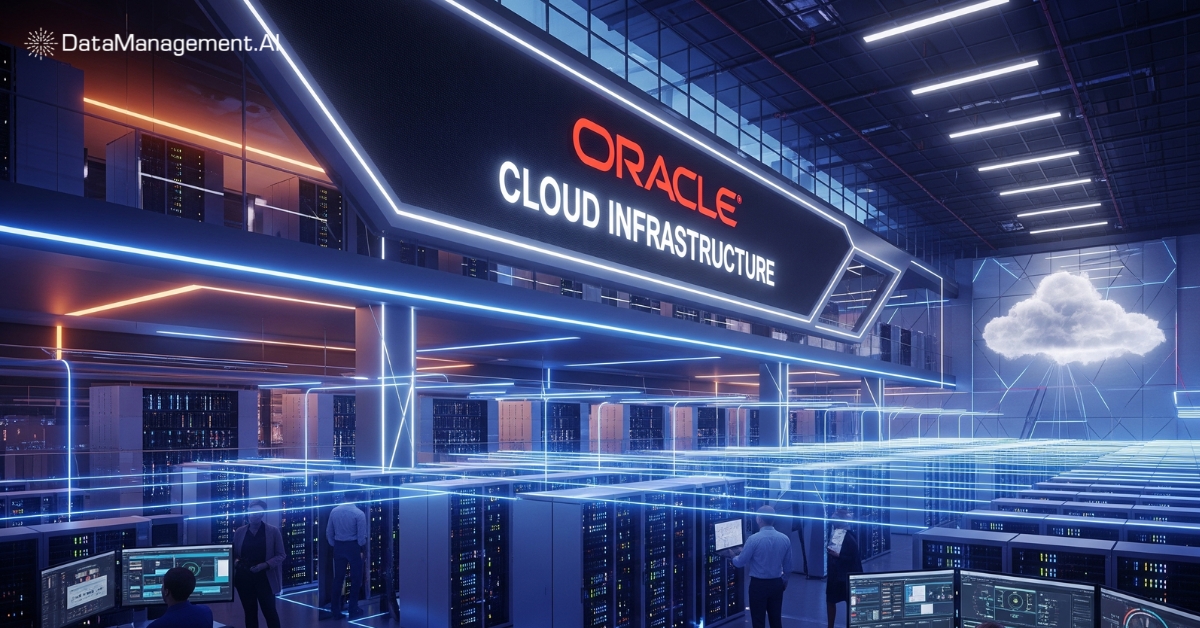
Oracle Cloud is an enterprise-focused platform that claims to deliver enterprise-grade features towards security and infrastructure. They are suited for larger, Oracle-centric enterprises.
Technical Overview
- Oracle Analytics Cloud
- Oracle Data Integration Platform
- Oracle Exadata Cloud Service
- Oracle Autonomous Database
Pricing
Here the pricing is custom enterprise-based.
Databricks

Databricks is an unified analytics platform focused on big data and machine learning. They are best suited for an organization’s advanced analytics and data science teams.
Technical Overview
- Collaborative notebooks environment
- Delta Lake for reliable data lakes
- A unified workspace for data science and engineering
- MLflow for machine learning lifecycle management
Pricing
Consumption-based pricing with multiple tiers.
Talend
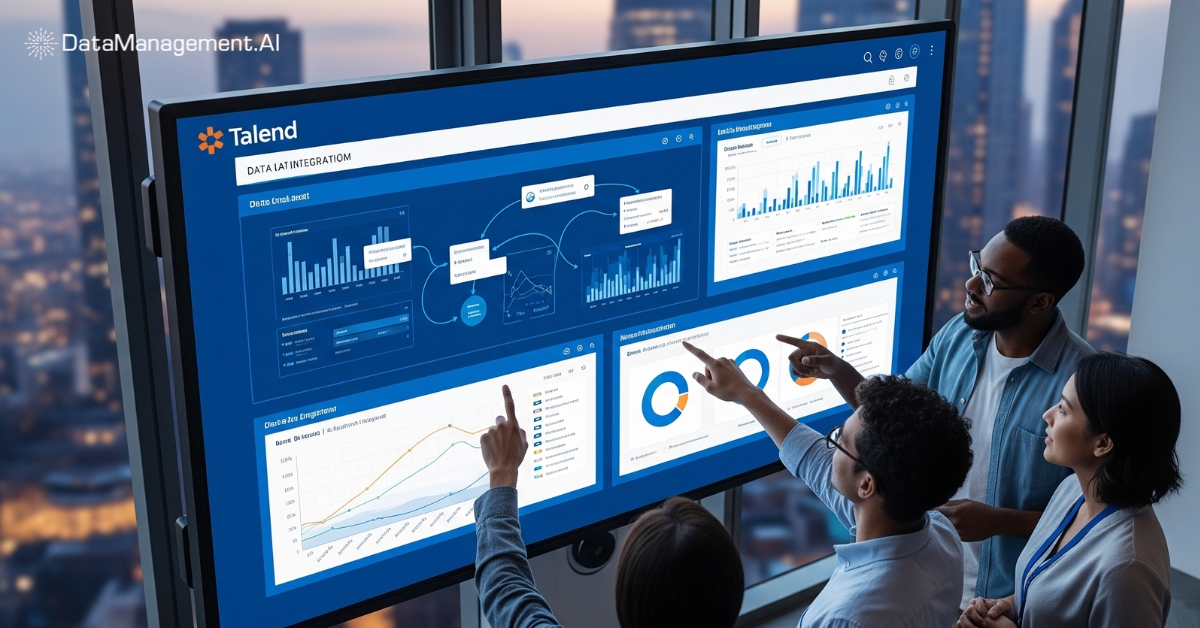
Talend is an open-sourced data integration tool. It comes with extensive connectors for real-time processing. They are suited for organizations with budget constraints but strong technical teams.
Technical Overview
- Real-time data streaming
- Cloud and on-premise deployment
- Data integration and ETL
Pricing
Their data management AI tools come with a free community edition, but charge a fee for enterprise features.
SAP Data Intelligence
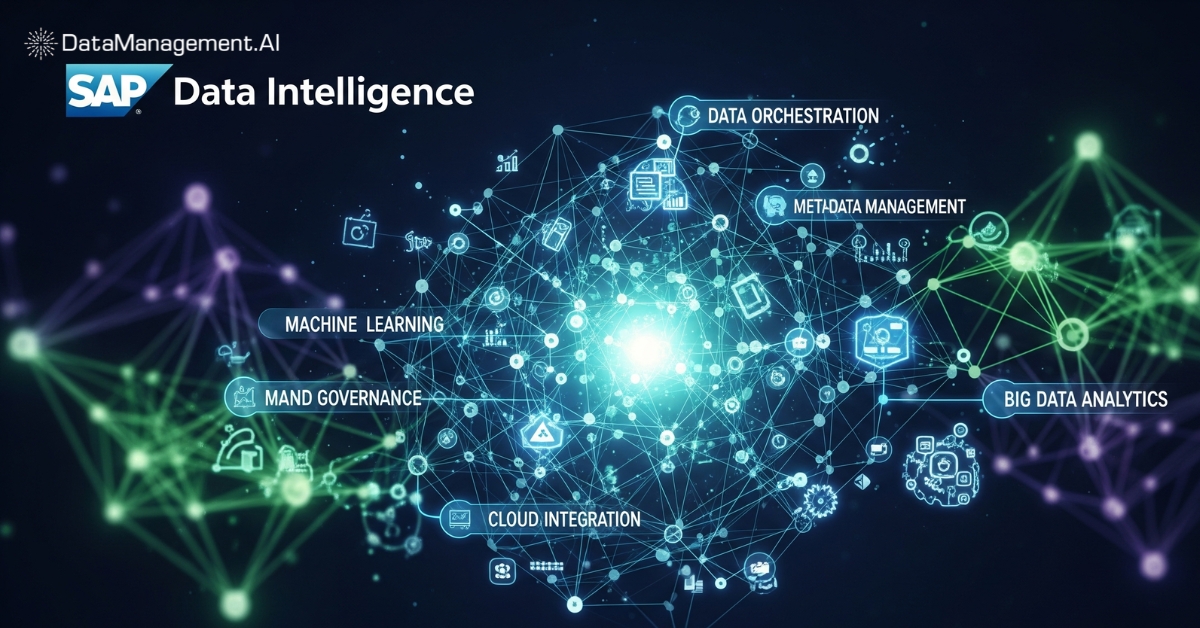
SAP’s enterprise data orchestration platform is apt for larger SAP-centric enterprises.
Technical Overview
- Metadata management
- Machine learning pipeline management
- Data integration and orchestration
Pricing
Custom enterprise pricing.
Dell Boomi
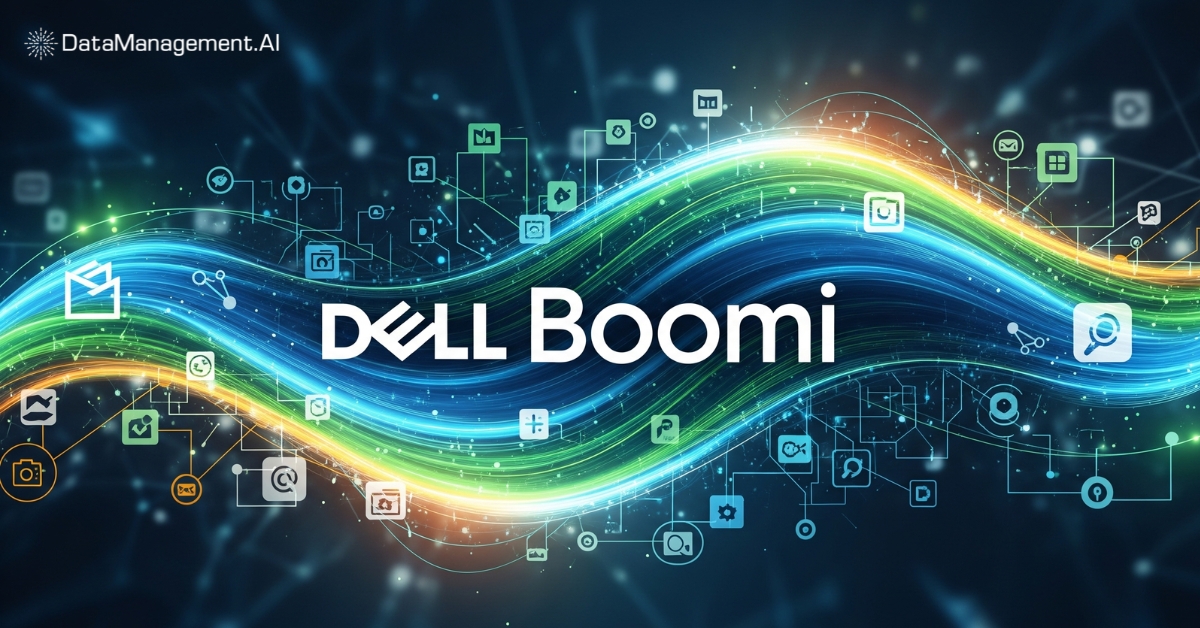
Dell’s AI data management tool is cloud-native suited specifically for data integration. They are best suited for mid-market organizations that require certain integration services.
Technical Overview
- API management
- B2B/EDI integration
- Data quality and governance
- iPaaS (Integration Platform as a Service)
Pricing
USD 2,000 – 8,000/month across three tiers.
An AI Data Management Tool That You Need
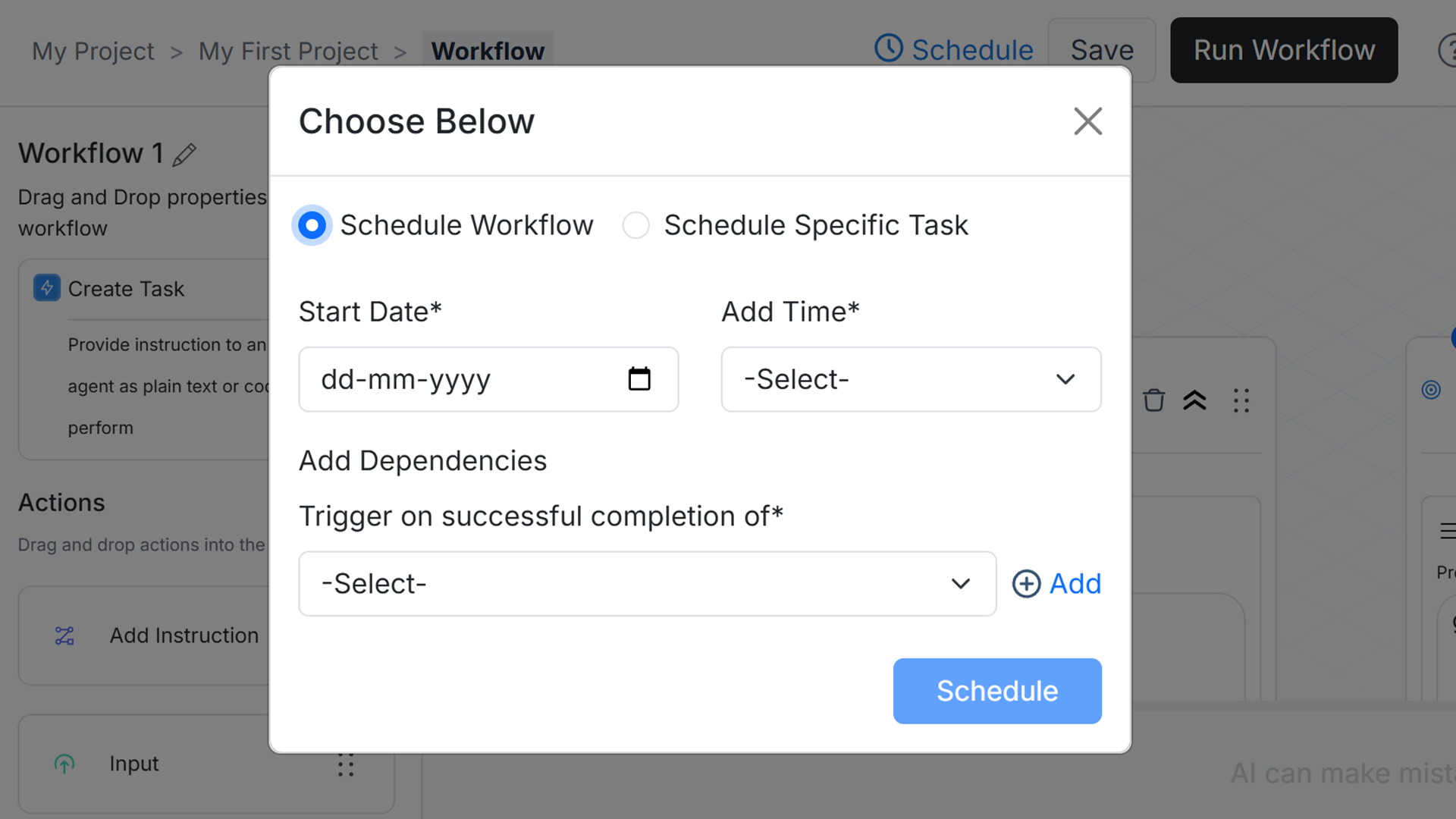
Imagine you are an AI and data product manager, which tool would you choose?
Won’t specialized AI agents make your job easier?
This is a fundamental shift from the more traditional data management tools that you see above. Why should you not get an intelligent tool that self-manages all your data operations?
There is something for cost efficiency too. With a reported 20x productivity gains and 10x cost reduction, DataManagement.AI delivers greater value.
Do you want to depend on intelligent AI agents or build technical resources in-house to adapt to a third-party tool?
Won’t end-to-end lineage tracking with living metadata catalogs make your life easier during audits or for generating regulatory reports?
No vendor lock-ins. No dependency on a singular cloud environment. No ETL data operations.
The Choice
The Chain-of-data architecture represents a shift from traditional ETL approaches.
It’s a more intelligent, automated, and cost effective data management solution, that scales your business needs while maintaining security and governance standards.
While traditional AI data management tools struggle with limited automation, higher costs, and complexity; DataManagement.AI’s proprietary Chain-of-Data architecture is the future of intelligent data management ecosystems.
There is actually no choice.
All you have to do is schedule a quick demo and get started.



